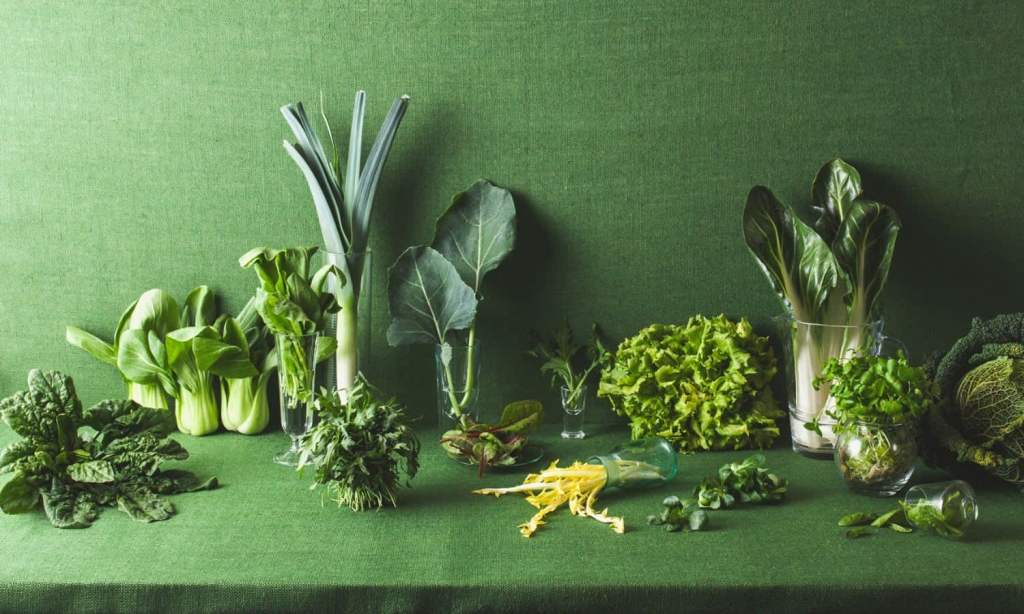Julie Andrews, as Mary Poppins, may have sung to children that a spoonful of sugar helps the medicine go down, but it turns out that a spoonful of spinach — well, a handful more accurately — helps cut heart disease risk. By a whopping 26%, according to one study.
The study, which came out of our own Edith Cowan University in Perth, looked at more than 53,000 people, over a period of 23 years.
They were investigating whether or not people (in this case specifically, Danish citizens) who ate high quantities of nitrate-rich vegetables (like spinach) had lower blood pressure and a lower risk of developing heart disease later in life.
Heart disease is a pretty significant health problem in Australia. Cardiovascular disease specifically, affects 4.2 million Australians; 60,000 heart attacks occur each year, 30% are fatal. So yes, the results of this study could be pretty important — and in some occasions, could literally be life-saving.
And the results are in: those who ate a cup of raw — or half a cup of cooked — green leafy vegetables could “significantly reduce their risk of cardiovascular disease,” according to lead researcher Dr Catherine Bondonno.
In cases of peripheral artery disease — which is a type of heart disease that sees the blood vessels of the legs narrowing — the risk was reduced by 26%. Dr Bondonno also stated that these nitrate-rich vegetables also resulted in “a lower risk of heart attacks, strokes and heart failure.” Oh, and it results in lower blood pressure.
And if you’re wondering whether you need to start loading up on vitamins and supplements to boost your nitrate levels, you really only need that one cup of leafy green vegetables. In fact, Dr Bondonno said there aren’t further benefits if you eat higher levels of nitrate-rich vegetables.
As for how to get them into your diet if you’re notoriously vegetable averse? (Sue me, I prefer fruit). Get a handful of spinach, or kale, and add it to your morning smoothie.
“But don’t use them,” advised Dr Bndonno. Why? “Juicing vegetables removes the pule and fibre.”
Read more stories from The Latch and subscribe to our email newsletter.







